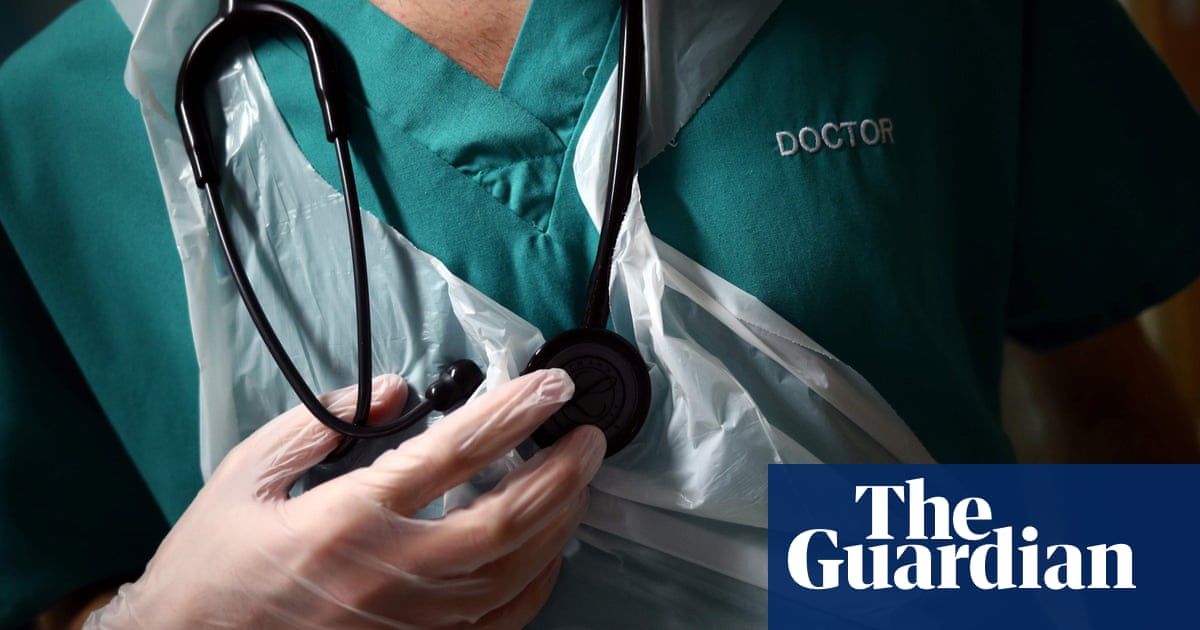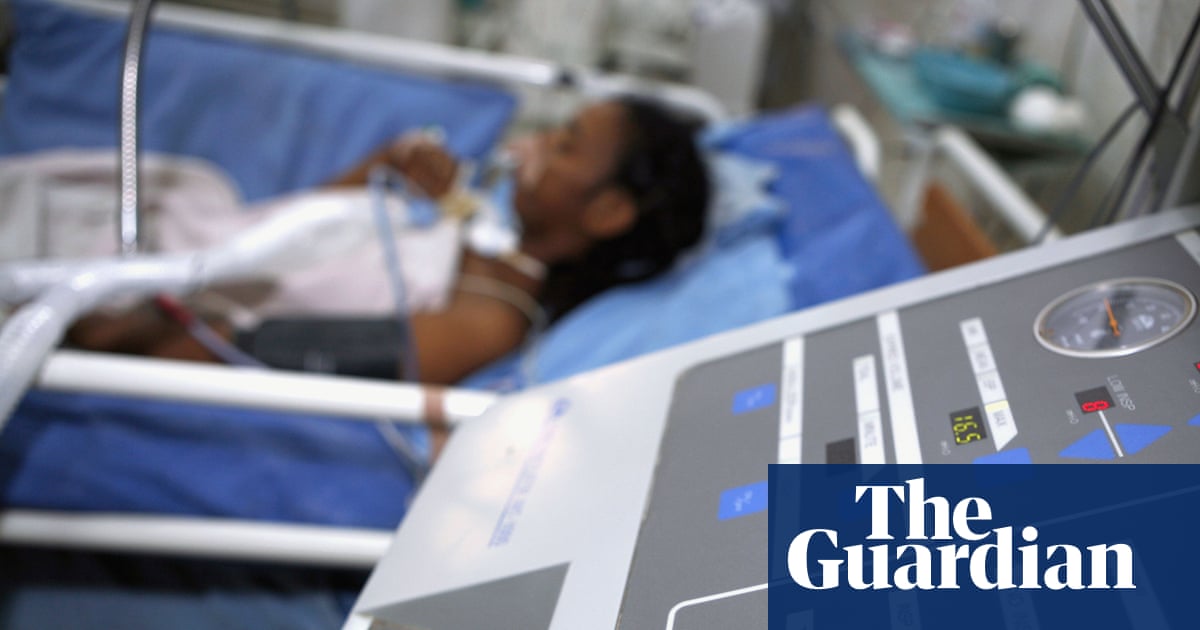
Plans to shorten medical training could dilute the calibre of doctors entering the NHS in England and damage the quality of care patients receive, doctors’ leaders have warned.
Government proposals to cut doctors’ time in medical school from five to four years, and to introduce medical apprenticeships, could “water down” training for health service staff, they said.
The British Medical Association (BMA) and Hospital Consultants and Specialists Association (HCSA) voiced deep unease about the changes, which were among the key features of the long-term NHS workforce plan set out by ministers on Friday. They said they hoped the strategy would end the acute staff shortages that have plagued the service for years and led to many patients facing long delays for GP or A&E care, and surgery.
The government said the NHS workforce plan would “deliver the biggest ever expansion in the number of doctors and nurses” for the service.
But medical unions said they were worried that, in the government’s high-profile push to train as many as 300,000 more homegrown NHS staff by 2037, the long-established high quality of medical recruits may be sacrificed in favour of boosting numbers as quickly as possible to plug the many gaps on the NHS frontline.
They said cutting a year off the five-year medical degree risked producing future generations of doctors who did not have the same skills as today’s medics, notably the ability to build a rapport with patients and talk to them in terms they understood.
It would also undermine Britain’s reputation for producing some of the world’s most highly trained medics, they said.
Prof David Strain, the chair of the BMA’s medical academic staff committee, said: “We would be very concerned that trying to squeeze a five-year undergraduate degree into four years would compromise education and training standards in an already heavily demanding course.
“There would also be concerns as to what could be omitted from an already crammed course. A broad understanding of the diagnostics and interventions is clearly essential, therefore we would be concerned that the ‘softer skills’, such as communication skills, research and education, could be disadvantaged.
“Any reduction in this skillset or training potential would undoubtedly impact patient care and limit the ability of the UK to continue being a world leader in healthcare innovation and training.”
Dr Naru Narayanan, the HCSA’s president, said: “Even with five to six years’ medical schooling, students find the course incredibly intense. So the suggestion it is going to be done quicker could have huge significance for the depth of learning for students.
“Until we see the detail we can’t rule out that this will have an impact on patient care.”
He described medical apprenticeships, which NHS England plans to start trialling from next year, as an unknown quantity. “It’s just too early to say whether it will deliver the same quality as the traditional route.”
Letting “physician associates”, “anaesthetic associates” and senior nurses known as advanced nurse practitioners carry out some of the tasks usually done by doctors – the plan envisages big increases in their numbers and the roles they play – could also harm patients, Narayanan added.
“If mismanaged, this could leave patients at higher risk, because when procedures inevitably go wrong these clinicians won’t have the wider training needed to respond.”
Rishi Sunak defended the plans for such health professionals at a Downing Street press conference to launch the 151-page strategy.
“We should be modernising the NHS so that it’s fit for the future. Healthcare is evolving and the NHS needs to evolve with it, and that’s what the plan does,” the prime minister said.
Both doctors’ unions criticised the lack of any mention in the plan of NHS pay – which has led to a series of strikes since December by nurses, ambulance staff and other workers. Junior doctors have already staged three disruptive stoppages and consultants – senior hospital doctors – are due to start taking action on 20 July.
The absence of pay was “the elephant in the room”, the HCSA said. The BMA described it as “completely illogical and uneconomical”, given it was a key reason why so many staff had quit.
Cancer charities said the plan would not end the serious staff shortages in the NHS’s cancer workforce that are leading to long delays for tens of thousands of patients a year.
The Macmillan Cancer Support spokesperson Steven McIntosh said it was “not yet enough to tackle the crisis in cancer care”. It was “missing crucial detail on the precise staffing requirements needed to tackle the dangerously long waiting times and meet growing demand in cancer care”.
He said ministers must urgently publish exact projections of how many more staff cancer services needed to provide timely care. “Without this, people living with cancer will be left to pay the price.”
Cancer Research UK also criticised the plan for doing too little to improve cancer services.
Dentists hit out over plans to force new dental graduates to devote a fixed amount of time at the start of their careers to providing NHS treatment in an attempt to help tackle the growing crisis of patients’ lack of access to state-funded dental care.
NHS England said it would “explore” with ministers the idea of making “a tie-in period to encourage dentists to spend a minimum proportion of their time delivering NHS care in the years following graduation” a condition of the health service funding their degrees.
The British Dental Association said the proposal was an attempt to “handcuff dentists to [the] sinking ship” of NHS-provided dental care. A BBC investigation last year found that nine out of 10 dental practices across the UK were not accepting adults seeking NHS care on to their books.
A similar “tie-in” for medical graduates has been suggested in the past but Sunak said on Friday this was unnecessary because, contrary to what reports suggested, fewer new doctors were opting to work in places such as Australia rather than the NHS.












